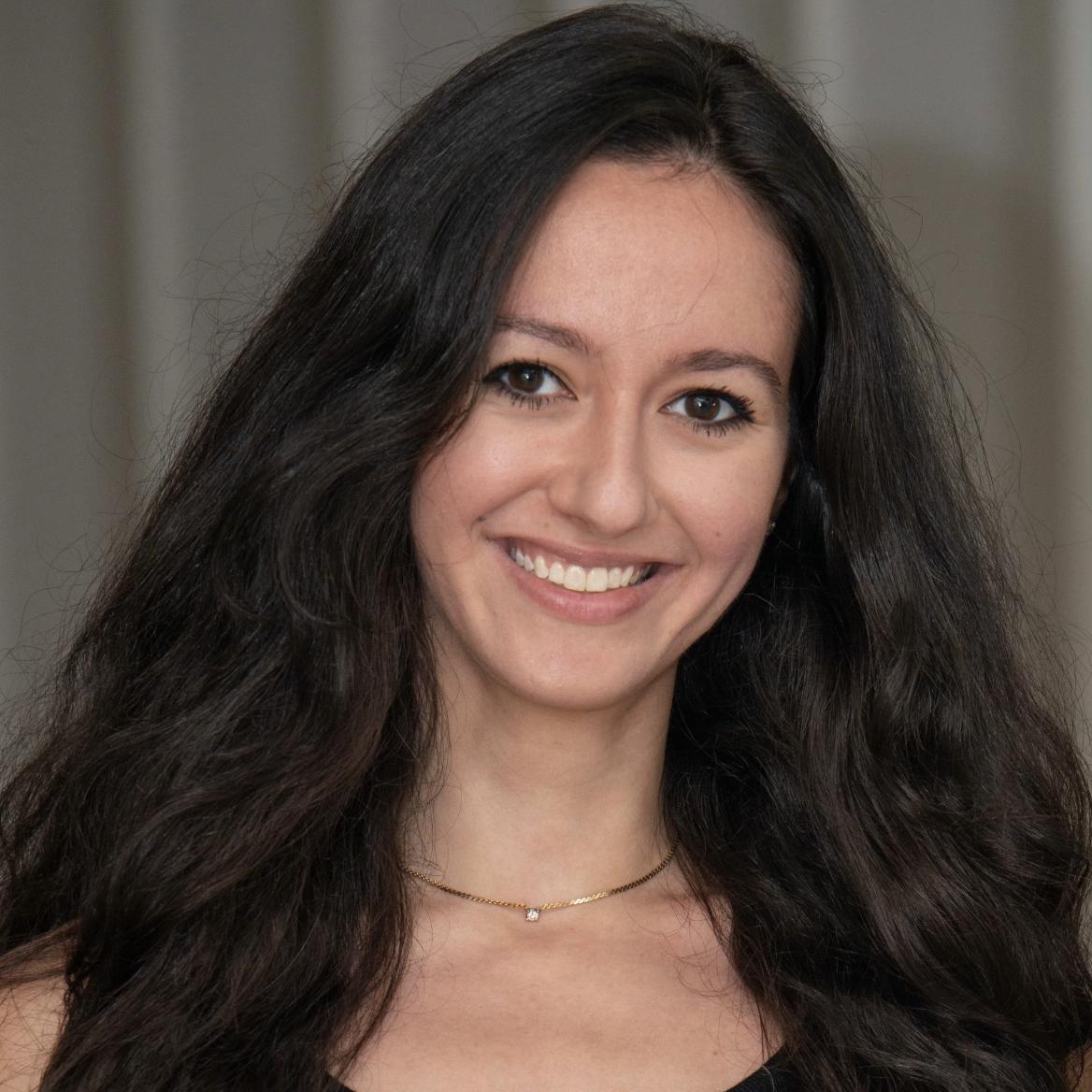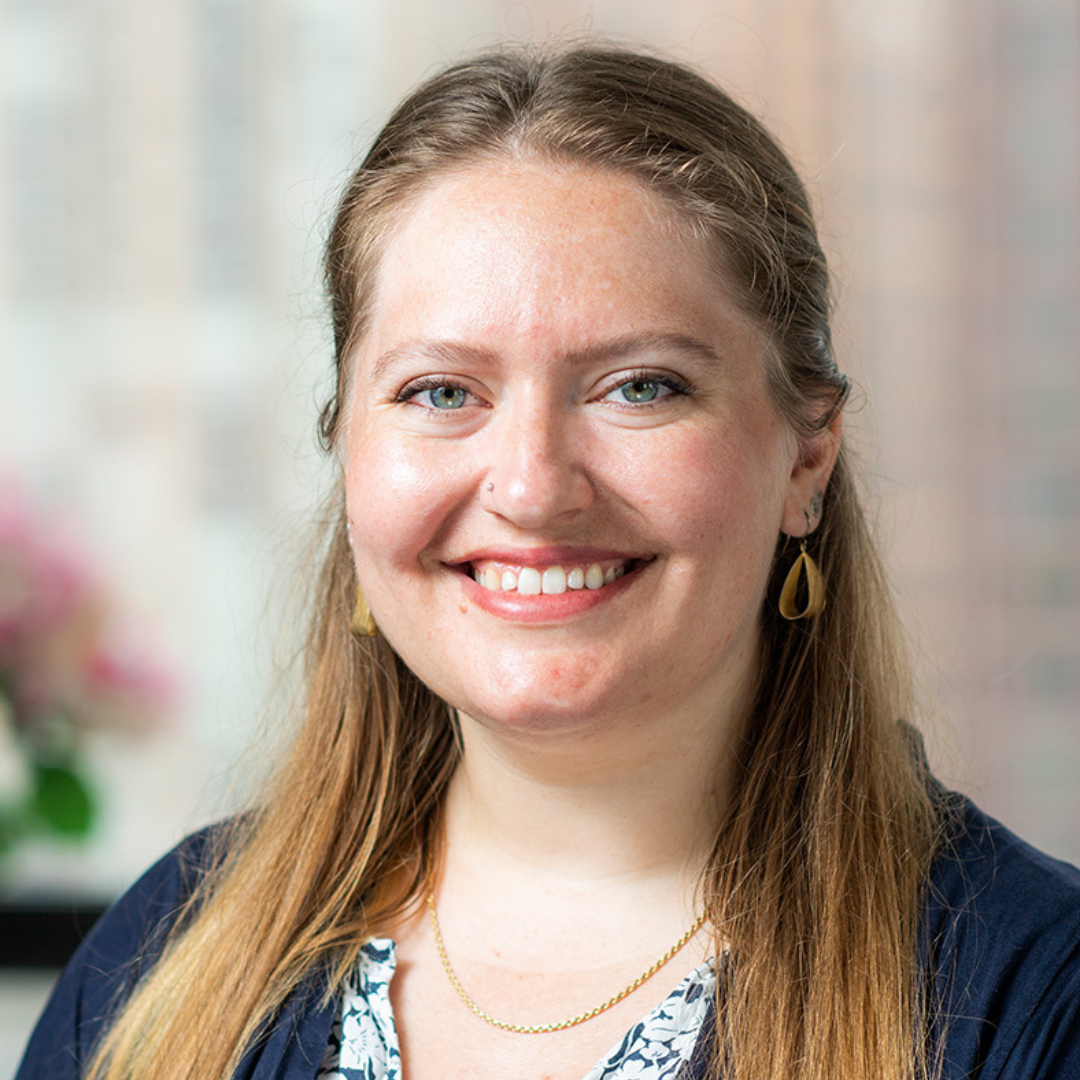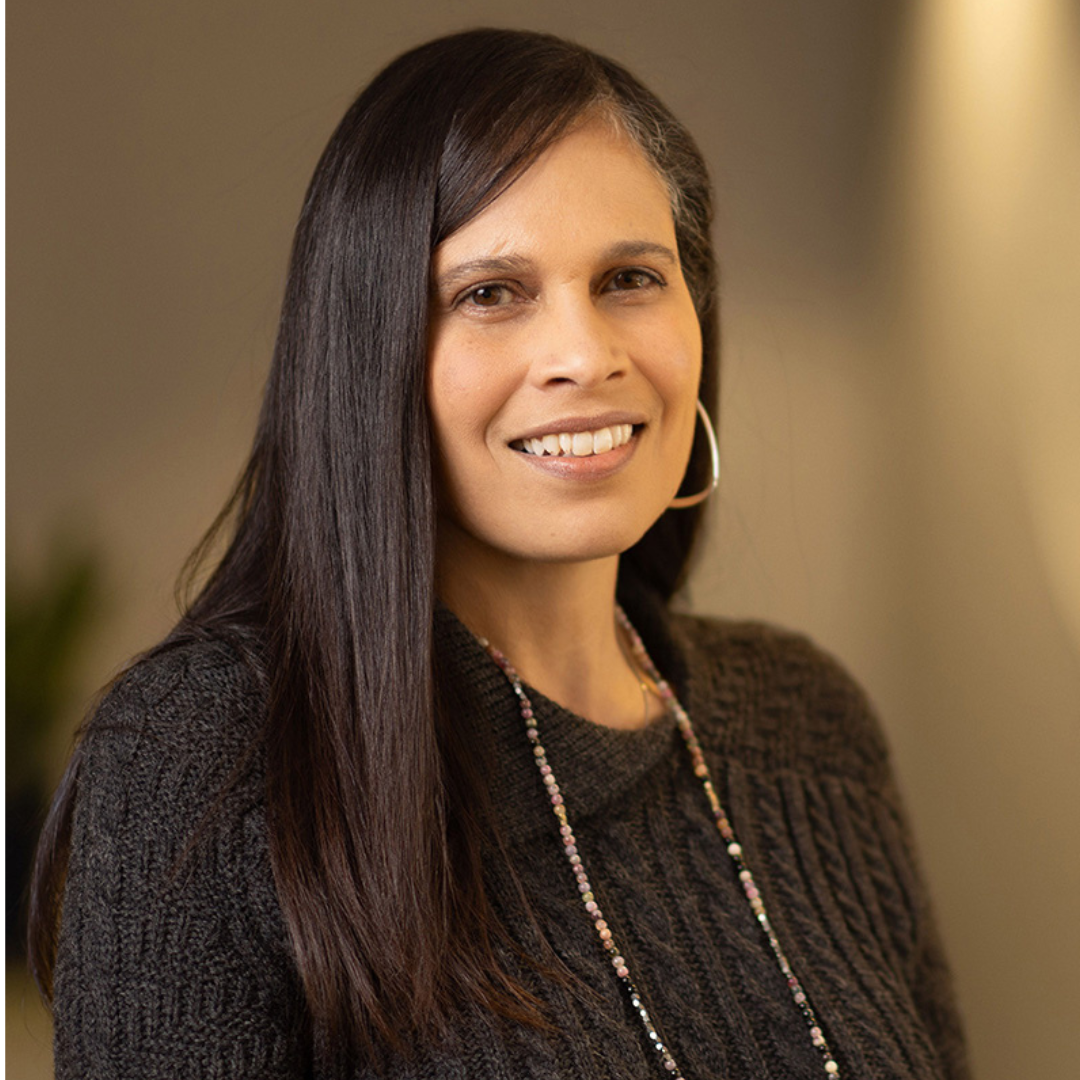Common Cancer Clinical Trial Questions Answered by Oncology Social Workers
Every year, CancerCare oncology social workers talk with thousands of people about the ups and downs they face while living with cancer. One of the many topics they discuss with people includes the overall education on cancer clinical trials. Below are a couple of questions and answers CancerCare social workers most commonly address with people comparing their cancer treatment options.

Why do people enroll in cancer clinical trials?
“There are many reasons why one may join a clinical trial. Some of these reasons include having access to the latest, new treatment to help find a cure,” said Danielle Saff, an oncology social worker at CancerCare. “Many of these trials give one access to experimental, cutting-edge treatment options.”
What are the steps of enrolling in a cancer clinical trial?
“Prescreening is typically the first step in joining any clinical trial. This is to see if you and the trial will be a good match,” said Charlotte Ference, an oncology social worker at CancerCare. “This process involves answering questions about your health, diagnosis, age, and possibly what types of treatment you’ve had so far.”

“Next, you’ll meet with a researcher who’s called an investigator, and this is to learn more about the purpose of the clinical trial and the risks and benefits of the study,” explained Ference, CancerCare’s Lung Cancer Coordinator. “The investigator will then provide you with an informed consent form. If you decide to join the trial, you’ll sign the form and move on to further steps.”
“During the screening process, you typically go to the investigator’s office in person for a physical exam. This is to ensure that you meet all the eligibility criteria for the trial,” said Ference. “While there, you might do scans and blood work and sometimes have repeat tests that you may have already done.”
“Once you’re accepted into the clinical trial, a study coordinator will help plan what your next steps are and what instructions you might have to follow, and they’ll be responsible for organizing any follow-up appointments,” explained Ference.

Why does eligibility matter for clinical trials?
“All clinical trials have eligibility requirements based on the clinical trial protocol,” said Jennifer LaPietra, a CancerCare oncology social worker. “This includes rules about who can be in the trial and the details of the treatment procedures and medications.”
“The clinical trial protocol is designed to ensure the trial protects the health of the trial participants for the best outcome,” explained LaPietra.
To get answers to more commonly asked cancer clinical trial questions, visit the clinical trial resources page on myTRIAList.
This blog post was originally published on myTRIAList.org, available here.
